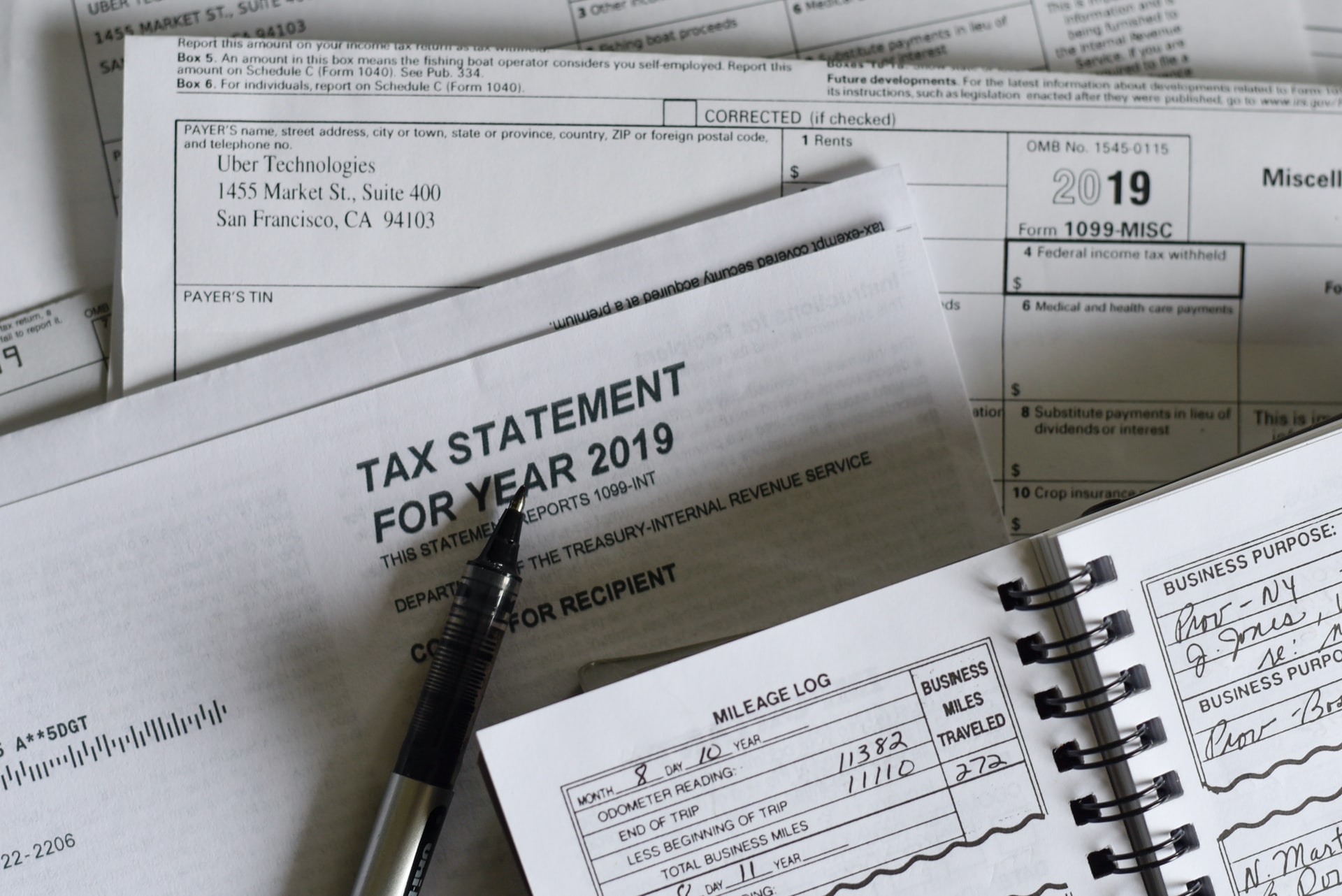Appeals Continue To Follow Crackdown On Tax Scam
June 11, 2021
written on behalf of Feigenbaum Law
A few months ago we provided an update on one of the appeals related to a tax shelter that had been exposed as a sham, leading thousands of Canadians having their taxes re-assessed and penalties imposed. The tax shelter, known as the Global Learning Gifting Initiative (GLGI), continues to cause ripples across Canada’s tax law world, most recently with another failed appeal before the Tax Court of Canada.
How the tax shelter worked
The GLGI has been referred to by some as Canada’s largest-ever tax scams. People who took part in the scam made donations to a charity set up by the GLGI called Millennium. They would then apply to the GLGI to become beneficiaries and would in turn receive educational software licenses. The assigned value of these licenses was up to eight times higher than the amount they donated. They would then donate the licenses to a second charity called the Canadian Charities Association, who would then give the taxpayer a tax receipt equal to the “value” of the license.
This was exposed as a scam, with participants getting tax returns far greater in value than the donations they originally made. Ultimately, those who participated in the scam were given two options. The first was a settlement agreement in which they could accept a settlement offer from the CRA, in pay penalties and taxes owing, and waive their right to appeal.
The second option was to accept the outcome of a group of taxpayers who appealed (the lead cases). These appeals were ultimately unsuccessful, however.
Taxpayer claims minister has more work to do
The taxpayer involved in the dispute being discussed today had chosen not to be bound by the lead cases heard by the court. The taxpayer said there were 17,000 people in his position, those who chose not to be bound the lead cases. He said that the Minister of National Revenue has not followed through with an obligation to confirm each of the reassessments issued to those 17,000 people and as a result, his appeal should be held in abeyance, which means it should be placed in a state of temporary suspension.
The taxpayer also argued that the Minister had not provided him with a definitive statement of what he owed. However, the court stated that the taxpayer knows how much he was reassessed for, and if he wants to file an amended notice of appeal, he can do so.
The taxpayer also alleged that the conduct of the Minister, particularly their failure to “apply the tax legislation consistently in relation to GLGI taxpayers across the country.” However, the taxpayer did not explain why he believed the legislation was not applied consistently, though the court thought maybe he was referring to his inability to take advantage of the time-limited settlement offer that the Minister had made to other taxpayers. If that was the case, the court noted that it does not have jurisdiction to hear that particular appeal.
Finally, the taxpayer argued the Minister had “brought the administration of justice into disrepute, severely impeded his ability to provide a full defence and engaged in vexatious litigation.” The court found no basis upon which it could consider this argument and dismissed the appeal.
Contact the experienced lawyers at Feigenbaum Law to develop a custom solution to your personal tax planning needs while looking to avoid traps like those encountered by the appellant in this case. We offer services to clients in the US, Canada and around the world. Contact us online to learn more about how we can help or call us at (416) 777-8433 or toll-free at (877) 275-4792.





